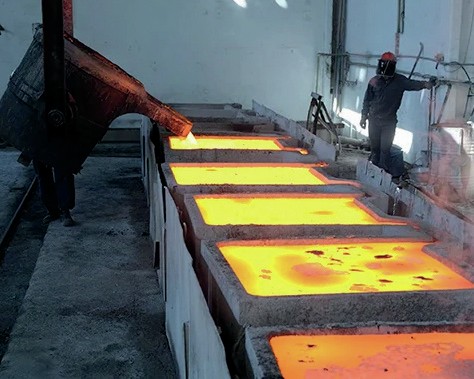Sulphur 418 May-Jun 2025

3 May 2025
Production cuts at Chinese smelters
It is reported that Tongling Nonferrous is planning production cuts this year given current record low treatment and refining charges (TC/RCs). CRU estimates that the company’s potential cutbacks will total 67,000 tonnes of copper for the year. However, the start-up of the Jinguan II and Chifeng Jinjian II projects could offset the reduction in concentrate demand at operational smelters. Tongling Nonferrous owns five operational smelters/refineries with a total of 1.28 million t/a blister capacity and 1.73 million t/a refined capacity, respectively. It is understood that the Chifeng Jintong 220,000 t/a smelter has cut operating rates by 10% since early March due to concentrate tightness.

Meanwhile Tongling Jinguan’s 200,000 t/a smelter has conducted a one-month maintenance shutdown since March. This is estimated to have reduced concentrate demand by 18,000 tonnes. Tongling Jin-long’s 350,000 t/a smelter has planned a 35-day maintenance in October, which is expected to remove 29,000 tonnes of concentrate demand.
Meanwhile, there are two new smelter/refinery projects – Jinguan II and Chifeng Jinjian II – with additional blister/refined capacity of 800,000 t/a. The move will enable Tongling Nonferrous to surpass Jiangxi Copper and rank as the largest smelting group in China. The new Jinguan II 500,000 t/a project held its firing-up ceremony on 26 March, marking the beginning of trial commissioning. Although this is three months earlier than market participants’ earliest expectations of a June start, the feeding of materials is not confirmed yet due to concentrate shortages, and it may take several weeks to heat the furnaces before considering feed commencement. The Chifeng Jinjian II 200,000 t/a project appears unchanged, targeting completion by the end of the year as construction work progress seems on track.
Overall, Q1 has delivered significant smelter production cuts and a smelter closure, totalling around 435,000 tonnes in China, and their market impact is expected to be felt in Q2. Nevertheless, further significant smelter cuts are still required and are expected by mid-year.






